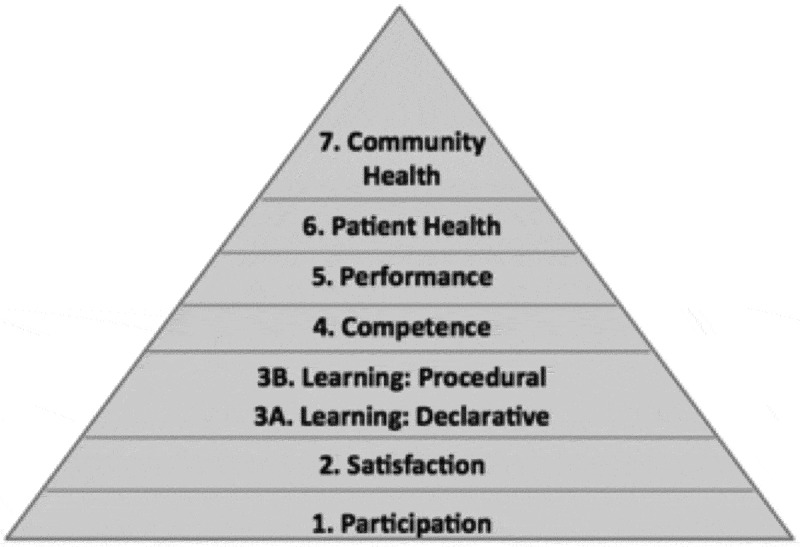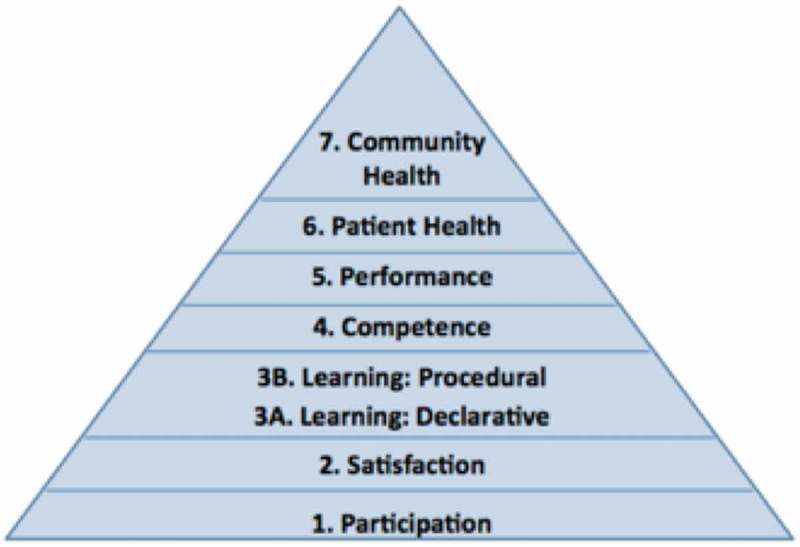A Culture of Learning for the NHS.
Journal of European CME
Pub Date : 2019-05-28
eCollection Date: 2019-01-01
DOI:10.1080/21614083.2019.1613862
引用次数: 4
Abstract
A recent report suggests that current conditions in the NHS may be preventing the delivery of optimal patient care. For example, patients with various common cancers or cardiovascular diseases can expect sub-optimal treatment in the NHS [1]. In March 2018, the King’s Fund confirmed common knowledge on poor NHS performance, staff shortages, lengthening waiting lists, cancelled operations and financial pressures [2]. The UK is out-performed by comparable countries, coming 30th out of 192 countries in a worldwide study [3] and 16th out of 35 countries in a European study with Switzerland in the first place [4]. In addition to poor outcomes, health-care professionals (HCPs) are shown to have behaved badly in a long series of scandals [5]. Almost 8,000 UK doctors were consulted in the recent BMA’s Caring, Supportive, Collaborative project [6]. The findings point to the persistence of a culture of fear and blame in the NHS, despite this being highlighted as a problem in two major reports [7,8]. Today’s NHS may be represented as a demotivated workforce with low morale, lacking opportunities for meaningful professional development, and resentful of an autocratic and remote bureaucracy [9]. As an example, the proportion of hospital doctors taking voluntary early retirement in the last decade has increased from 14% to 27% [10]. Medical and surgical firms with their “chiefs” no longer exist. The complexity of junior doctor rotas has prevented seniors from mentoring and supporting juniors. Medical collegiality is vanishing. Poor outcomes and disaffected HCPs suggest a dysfunctional organisational culture.


NHS的学习文化。
本文章由计算机程序翻译,如有差异,请以英文原文为准。
求助全文
约1分钟内获得全文
求助全文

 求助内容:
求助内容: 应助结果提醒方式:
应助结果提醒方式:


